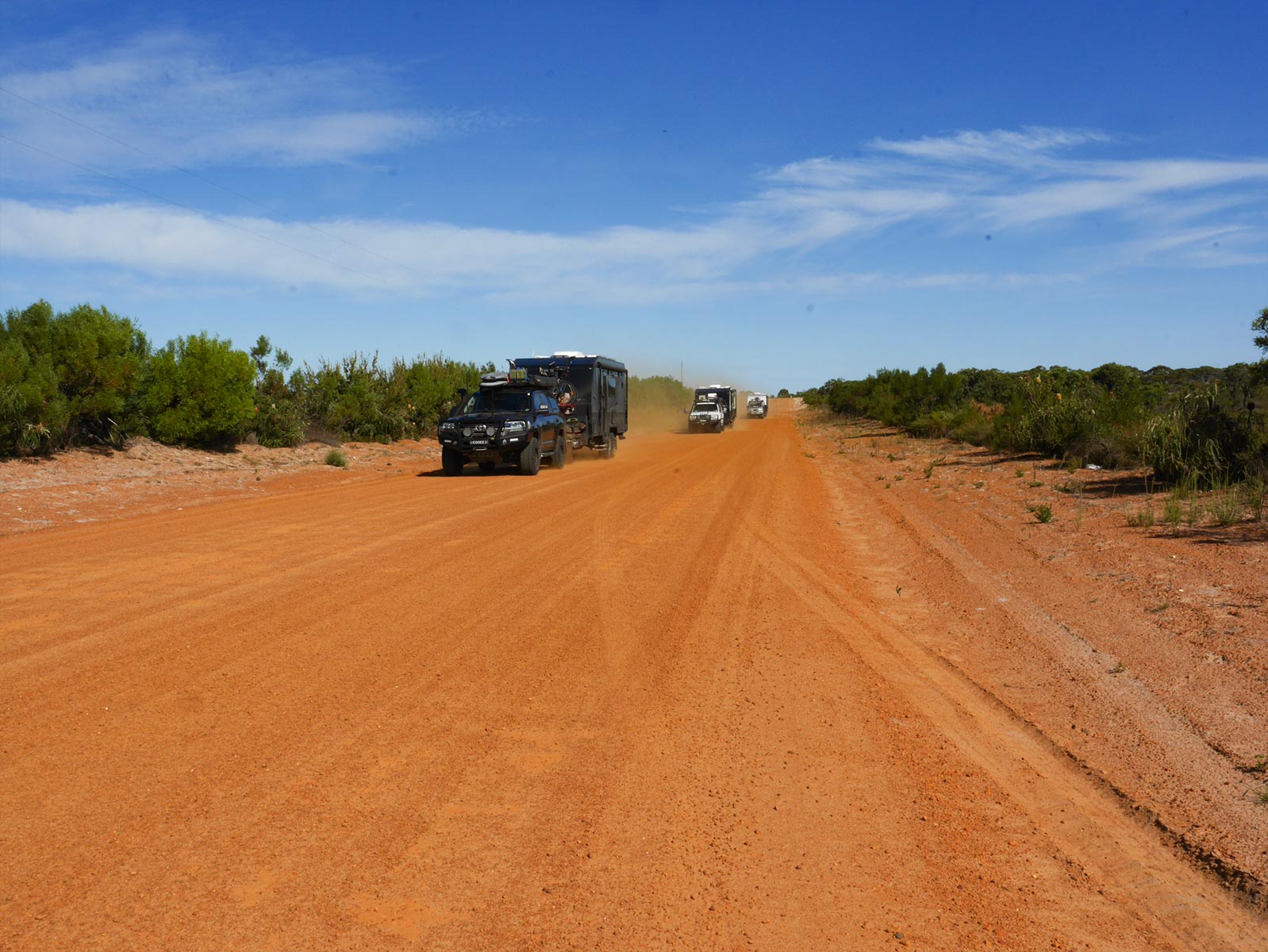With more than 90 per cent of camping trips taking place in regional areas, rural road safety is an important topic to discuss, and one that the CIAA takes very seriously during the September Rural Road Safety Month. And as we head into summer, and the Christmas period approaches, it remains a relevant safety issue.
With two in three road deaths occurring on regional roads, new research from the Australian Road Safety Foundation (ARSF) has detailed why all Australians have a personal responsibility to take greater action.
This research has shown that during school holiday periods, 71 per cent of campers will travel more than 250km from their home and stay away for an average of 4.8 nights.



“All road users have a responsibility to road safety when using our roads. We encourage our camping families these school holidays to be patient and not rush,” said Luke Chippendale, GM of Government Relations.
“Planning starts before the key is turned. Get your car and RV serviced, take a refresher towing course if needed and plan your trip. Plan your trip before you leave, how far you intend to travel each day, plan your rest and fatigue management stops and book your accommodation in advance.”
The ARSF advises that the most concerning piece of research was the number of respondents who admitted to unpreparedness and bad behaviour when driving in rural areas, which can be a lethal combination.
Safe behaviours are the greatest prevention of accidents, the CIAA reminds readers.
“Research demonstrates that speeding, inattention and driving tired are the leading causes to accidents on regional roads. Putting the phone away, planning your trip with rest stops and being well rested is key. Travellers might be tired from an early start from home or after a big camping trip and focused on just getting home. We urge travellers to once again stop for a minute and make sure you have planned your trip, make sure you are rested and don’t rush. The roads will be busy as other campers return home,” Stuart Lamont, CEO of Caravan Industry Association of Australia (CIAA), advises.
Coexisting with other road users, particularly heavy vehicles, is another important way to stay safe on regional roads. Use a UHF with your channel displayed clearly on the back of your van to facilitate good communication for overtaking or reporting hazards to oncoming vehicles.
If you’re travelling long distances between towns, it’s important to have a good night’s sleep and to take appropriate rest breaks (15 minutes every two hours), as this heightens your alertness to hazards — which can be much more frequent on rural roads. Plan your breaks ahead of time, and do not use designated truck stops for your overnight rest breaks.
Rural road hazards can include narrow sealed or unsealed roads with soft shoulders or loose gravel causing less traction, and roaming livestock or wildlife. It’s a good idea to include a mechanical toolkit with spare bearings, seals and grease in case you have to perform basic repairs, plus ample water in case of a breakdown (5–7 litres per person per day), and a basic first aid kit.
And before you hit the road, consider a towing education course and/or a first aid course. And it’s always worth checking that you remember how to use your communication devices properly.




